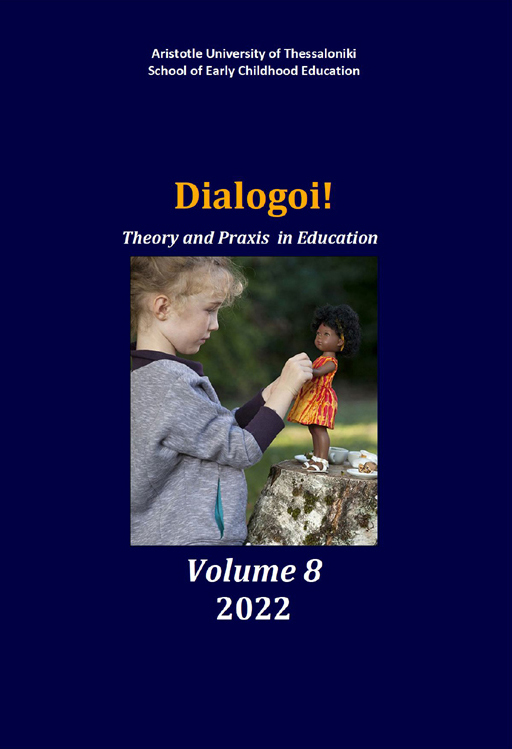School-Wide Positive Behavior Support effect on collective teacher efficacy

Abstract
School-Wide Positive Behavior Support (SWPBS) effective implementation requires teachers to cooperate to teach a common set of social behavior rules for students. Teachers’ collective efficacy is related to their level of cooperation, their teaching strategies, and students’ discipline at school. The purpose of this study was to investigate the effect of SWPBS on teachers’ collective efficacy. 265 teachers (N experimental = 131 and N control =134) from 30 schools (n experimental = 15 and n control = 15) took part in the study. Participants completed the Collective Teacher Belief Scale. Independent samples and paired-samples tests, as well as mixed between-within subjects analysis of variance with two repeated measures were conducted (before and after the intervention), to assess its impact on participants’ collective efficacy. No significant differences were observed between the two groups’ collective efficacy before the intervention and both groups improved their collective efficacy after the intervention. However, the experimental group significantly improved its overall score because of the positive effect of the intervention. Finally, time and group factors had significant main effects of small to medium size on collective efficacy of the experimental group.
Article Details
- How to Cite
-
Goutas, T. (2022). School-Wide Positive Behavior Support effect on collective teacher efficacy. Dialogoi! Theory and Praxis in Education, 8, 262–284. https://doi.org/10.12681/dial.30039 (Original work published September 4, 2022)
- Issue
- Vol. 8 (2022)
- Section
- New researchers

This work is licensed under a Creative Commons Attribution-NonCommercial-ShareAlike 4.0 International License.
Authors who publish with this journal agree to the following terms:
- Authors retain copyright and grant the journal right of first publication with the work simultaneously licensed under a Creative Commons Attribution Non-Commercial License that allows others to share the work with an acknowledgement of the work's authorship and initial publication in this journal.
- Authors are able to enter into separate, additional contractual arrangements for the non-exclusive distribution of the journal's published version of the work (e.g. post it to an institutional repository or publish it in a book), with an acknowledgement of its initial publication in this journal.
- Authors are permitted and encouraged to post their work online (preferably in institutional repositories or on their website) prior to and during the submission process, as it can lead to productive exchanges, as well as earlier and greater citation of published work (See The Effect of Open Access).


